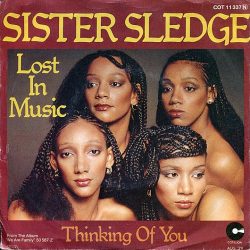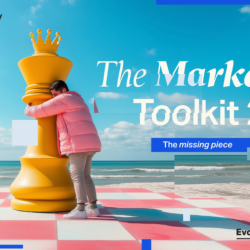The workplace is better with rebels, there I said it.
I know it may shock some of you that a member of the HR profession would hold such a view. But we need them to make progress. Think about the last time someone disrupted norms, made bold changes and delivered innovations that made a positive impact on society, didn’t they all exhibit some level of rebellion?
Choose your rebel carefully
Let’s first admit that we all enjoy the company of a rebel or at least the impact they create on some level. Whether it is the office clown, unapologetic trendsetter or disruptive innovator, they often bedazzle us with a wicked sense of humor, inconceivable thinking and devil-may-care attitude and change how we think or behave.
Non-conformists evoke creativity and change.
But why are some rebels seen as change agents and some as rogues and scoundrels? To me, the fine line is in the individual’s character.
From literature to history to business, the good rebels tend to be the ones who are mission-focused and solution-driven, they are motivated by a sense of hope while bad rebels tend to be narcissistic and problem-oriented. Both rebels relentlessly challenge the norms, but good rebels exude optimism and positivity, and bad rebels demonstrate pessimism and anger.
Think about the last group meeting you had with colleagues or night out with your friends, did anyone make you feel inspired or zapped your energy? Did they challenge an idea with respect or seek amusement from others? Did their idea result in a constructive debate or complete team disruption?
Of course there is a fine line, a rebel can be someone’s jerk and another’s hero (any politician comes to mind?). While there is always a place for a joker and a rebel, if that begins to border on poor behaviours, discrimination, dishonesty and damage, then the value is negated.
Rule of thumb – do not tolerate brilliant jerks. This is a principle stated in the widely shared Netflix’s culture manifesto and I wholeheartedly support it. The impact on the overall team performance and company reputation is too high.
Back to my original point, yes, we need rebels in the workplace, but we need the right ones. We need the ones who are forces for good and will use every part of themselves to ensure the organization does the right thing. And we must create an inclusive workplace to preserve existing good rebels and unleash the new ones.
When brands go rogue
The advertising industry loves to provoke and tinker with the thin line between what is black and white with our craft. We love to stage a PR stunt to generate organic conversation or create an emotive ad spot that challenges a societal issue. But we all have seen instances where a brand has gone rogue and tipped across to the dark side of that moral equation.
Never compromise the moral ground no matter how creative an idea is.
Whether you are part of an agency or delivering marketing for a brand – remember when you communicate on behalf of a brand, there is a ripple effect on the larger society. So, it is critical that you protect your brand purpose at all costs and not take shortcuts.
When you destroy your audience’s trust, you destroy your ability to make profits.
Like Warren Buffett said: “It takes 20 years to build a reputation and five minutes to ruin it. If you think about that, you’ll do things differently.”

































